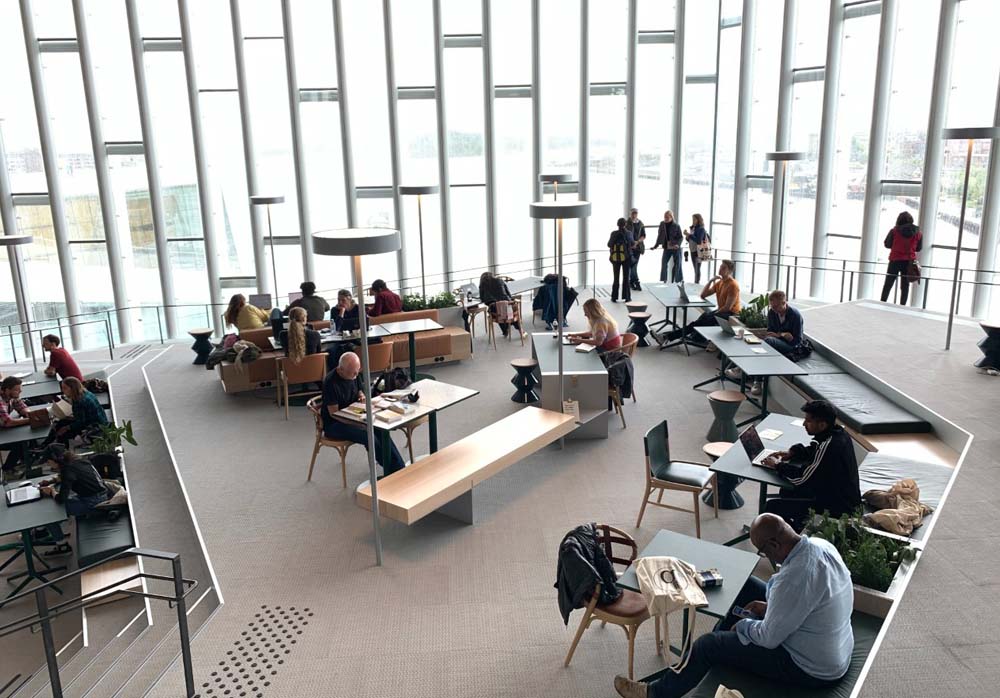In the constantly evolving landscape of benefits for employees, companies are always looking for new methods to retain and attract top talent. Subsidized food, especially in the form corporate cafeterias have emerged as an effective method to increase an environment that is conducive to well-being of employees.
Understanding Subsidized Meals:
A subsidised corporate cafeteria represents a company’s commitment to health and employee satisfaction. The basis of this program lies in the concept of subsidised food. Employers are able to contribute a part of the cost for meals, providing employees with access to affordable and nutritious alternatives right on site.

Economic Benefits for employees
One of the most significant benefits of subsidised meals for employees is the economic relief it provides. The financial burden associated with a daily meal can be substantial in a time of rising cost of living. Through subsidizing food choices, employers alleviate this burden by allowing their employees to enjoy premium food without putting a strain on their budgets.
Strategic Impact of Employee Satisfaction
Subsidized meal programs are important to ensure satisfaction of employees. A satisfied and engaged workforce is one that is healthy and well-nourished. When employees are provided with subsidized food choices, they are able to reduce time and stress by not having to leave the office.
The communal atmosphere of a corporate cafeteria promotes unity and camaraderie between employees. Sharing meals can facilitate interaction, collaboration, and informal exchanges of thoughts. This leads to an improved and more cohesive workplace.
Culinary Diversity and Employee Preferences
Subsidized meals are also designed to meet the diverse culinary preferences of a modern workforce. Corporate cafeterias offer many options for different diets and needs. No matter if an employee is vegetarian, vegan, or has restricted dietary requirements, a subsidised lunch program ensures that everyone is able to enjoy diverse and tasty meals.
The Role of Health and Well-Being:
Employee health is an essential element of long-term productivity and success. Subsidized food is a key component of employee well-being by encouraging healthy eating habits. The company can partner with nutritionists to create menus that focus on balanced and nutritious options that positively impact the overall health of their employees.
Establishing a positive workplace culture:
Subsidized meals play a crucial role in shaping the culture of a workplace. They communicate to employees that their health and wellbeing is important to the business. This gesture is more than monetary compensation, creating a positive and supportive environment that promotes dedication and loyalty among the workforce.
Win-Win for Employers
Subsidized meals are beneficial both employers and employees. A healthy and happy workforce is likely to be more creative, productive and engaged. The positive impact on employee retention and recruitment on the performance over time of a business can be attributed to its performance.
Conclusion:
Subsidized food, in particular when it comes to corporate cafeterias are more than a line in an employee benefit package. They are a strategic investment in the health as well as the satisfaction and overall performance of the workforce. In the ongoing battle for top talent, providing meals for employees at a reduced cost can be a fantastic way to create a positive workplace environment.